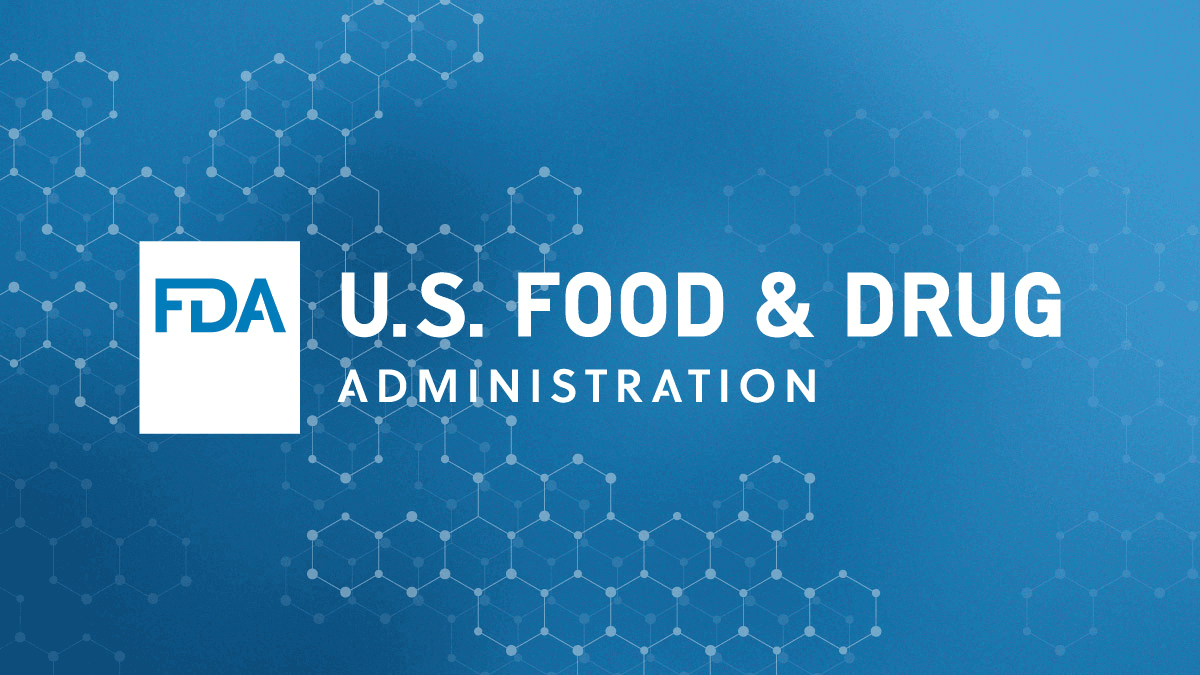FDA and its counterparts in Mexico, the Federal Commission for the Protection from Sanitary Risks (COFEPRIS) and the National Service of Agro-Alimentary Health, Safety, and Quality (SENASICA), included details regarding their combined efforts to ensure the safety of food imported from Mexico during a recent Food Safety Partnership Meeting.
“We are building on the longstanding partnership for the U.S. and Mexico to work together to contain outbreaks of foodborne illness and lessen consumer exposure to foodborne hazards. As we approach the 200th anniversary of U.S.-Mexico relations, keeping this partnership strong is more important than ever,” said Frank Yiannas, the FDA’s deputy commissioner for food policy and response, in a statement. “Our food supply is global, and no single country can achieve its food safety goals alone. Our shared goal is to proactively use modern technologies, tools and approaches to help protect the global food supply.”
Mexico supplies the U.S. with 60 percent of the country’s fresh produce and about 33 percent of FDA-regulated food for human consumption. As such, the three agencies sought to enhance food safety by visiting a farm to implement food safety practices (including traceability), observing unique growing and harvesting practices, and meeting to learn about existing food safety efforts.
“In this annual meeting, various activities were carried out that have contributed to a better understanding of the safety systems of both countries,” said Federal Commissioner for COFEPRIS, Alejandro Svarch Pérez, in a statement. “In addition, they highlighted that they have allowed for a greater rapprochement between the main actors in the food production chain, with the aim of coordinating efforts and taking advantage of the experience and knowledge available.”
The meeting’s agenda covered a variety of topics including:
• Salmonella prevention efforts
• Cyclospora cayetanensis detection in produce, a parasite that causes a diarrheal illness
• Data-sharing efforts for Whole Genome Sequencing, allowing countries to identify and respond to outbreaks more quickly
• The revision of the Binational Outbreak Notification Protocol
The three agencies will continue to work to support training for food producers, prevent and respond to foodborne illness outbreaks, and develop frameworks to improve food safety.
Related: USDA to Invest Up to $300 Million in Organic Initiative; Americans Concerned About Food Security

